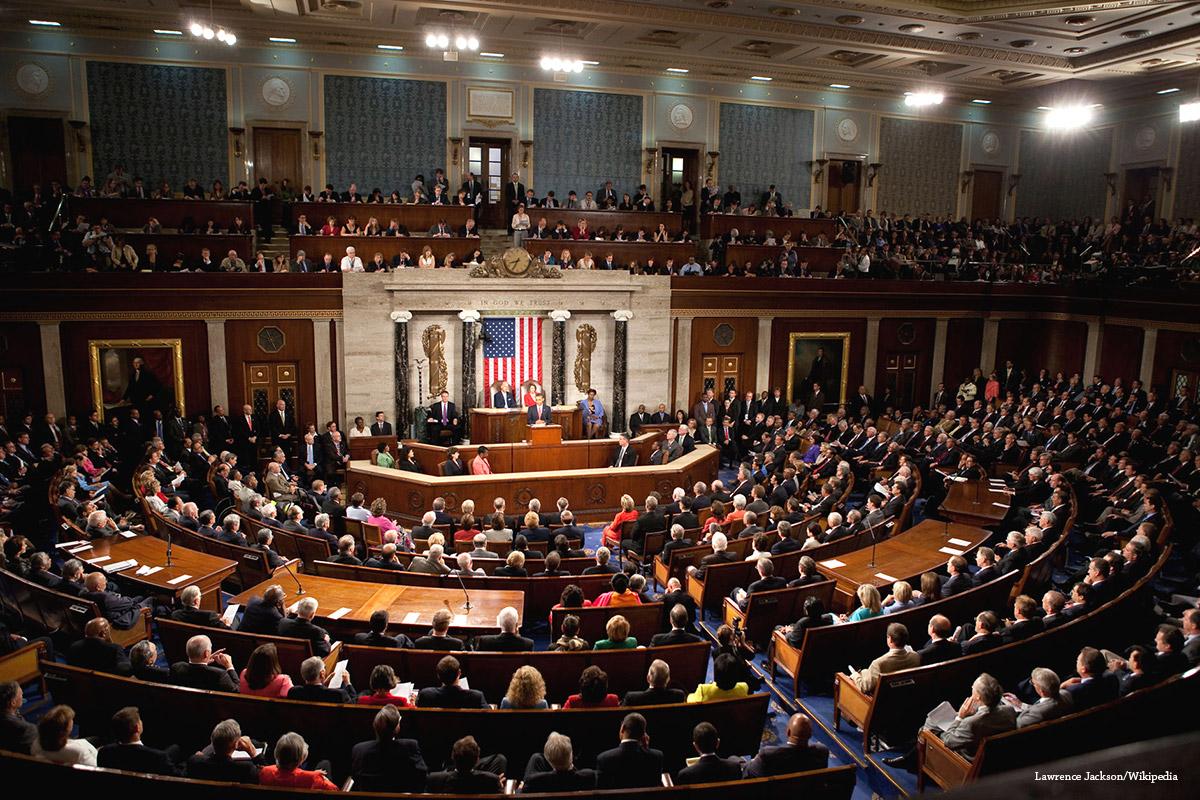US Senate to debate Yemen war
December 14, 2018 | Expert Insights

The Senate voted to formally start debating a measure to end U.S. support for the Saudi-led war in Yemen.
The could be the first among several bipartisan rebukes of President Trump’s support for Saudi Arabia that senators hope to deliver.
Background
The United States Senate is the upper chamber of the United States Congress, which along with the United States House of Representatives—the lower chamber—comprises the legislature of the United States.
As the upper house, the Senate has several powers of advice and consent which are unique to it; these include the approval of treaties and the confirmation of Cabinet secretaries, Supreme Court justices, federal judges, other federal executive officials, flag officers, regulatory officials, ambassadors, and other federal uniformed officers. It further has the responsibility of conducting trials of those impeached by the House.
The Senate is widely considered both a more deliberative and more prestigious body than the House of Representatives due to its longer terms, smaller size, and statewide constituencies, which historically led to a more collegial and less partisan atmosphere. The presiding officer of the Senate is the Vice President of the United States, who is President of the Senate.

Analysis
The 60-to-37 vote exceeded the expectations of the Yemen resolution’s supporters, who had guessed that most of the 14 Republicans who backed an opening procedural measure last month would peel away as it advanced. However, 11 Republicans joined all Democrats in voting to start debating the resolution, including the incoming chairman of the Senate Foreign Relations Committee, James E. Risch (R-Idaho), a Trump ally.
The development sets up a likely vote Thursday to pass the resolution, provided even part of this coalition holds together. Its passage would send a significant political message to Trump that the status quo on relations with Saudi Arabia is no longer acceptable and also would be the first time the Senate had successfully invoked the War Powers Resolution since it became law in 1973.
Lawmakers have launched several efforts to condemn, chastise or curtail traditional U.S. support for Saudi Arabia after the killing of Saudi journalist Jamal Khashoggi, a Washington Post contributing columnist.
Support for several of those efforts — particularly the Yemen resolution from Sens. Bernie Sanders (I-Vt.) and Mike Lee (R-Utah) — grew dramatically after the CIA determined that Saudi Crown Prince Mohammed bin Salman was most probably responsible for Khashoggi’s killing in the Saudi Consulate in Istanbul, findings that Trump has dismissed as he continues to embrace the prince.
The Senate vote came just hours after CIA Director Gina Haspel briefed House leaders about the agency’s assessment that Mohammed probably ordered the killing of Khashoggi, a critic of the Saudi leadership.
It was the second time in as many weeks that Haspel has given lawmakers a closed-door look at the CIA’s classified examination of Khashoggi’s death. It is based in part on intercepts of communications between the crown prince and one of his top aides, who investigators think oversaw the team that killed and dismembered the journalist in the Saudi Consulate in Istanbul on Oct. 2, 2018.
After Haspel briefed senators last week, they accused Mohammed of complicity in the death of Khashoggi. Later this week, senators are expected to vote on a resolution condemning Mohammed as responsible for Khashoggi’s death. However, in the House, senior members have been far more tight-lipped about their plans.
When House leaders emerged from the briefing with Haspel on Wednesday, none claimed that her testimony had proved Mohammed’s culpability — in stark contrast to what senators said after their session with the CIA director last week. The House members said they could not discuss their response to the briefing, noting that it was classified.
The full House is expected to be briefed by Secretary of State Mike Pompeo and Defence Secretary Jim Mattis, who also spoke with senators late last month. Both have adopted a stance closer to that of Trump, who despite having been briefed on the CIA’s findings, emphasizes that Mohammed told him on several occasions that he was not involved in Khashoggi’s death.
Assessment
Our assessment is that the Senate’s decision to debate US involvement in the Yemeni Civil War is a massive blow to President Trump’s cooperation with Saudi Arabia. We believe that a bipartisan effort to withdraw the US from the war will radically shift the US’ Middle East policy.








Comments